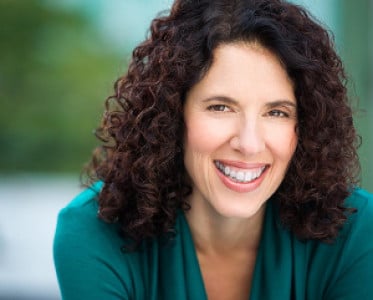Podcast_Memoir
Description
Vocal Characteristics
Language
EnglishVoice Age
Senior (55+)Accents
North American (General)Transcript
Note: Transcripts are generated using speech recognition software and may contain errors.
I'm a physician, but fat lot of good that does me in the garden. The disease is, I know have Greek and Latin names like a site Ihsan versus tinny Aversa color and diabetes. Insipid ists. Here in the garden diseases have blunt Anglo Saxon names like rust, scab, canker and daughter. I know the physics and biochemistry of congestive heart failure, liver failure and kidney failure. I treat them essentially by adjusting the plumbing. More water here, less there, loosen the pipes here, tied in them there. That's no use with my cherry tree. Lands have no internal organs. It's all dermatology. My tree has been sick for three years. Something is chewing of the leaves, and the bark is cracking, using ribbons of clear yellow sap, the dry, hard like amber. I don't know what's making my trees sick, and I'm not used to that. People need their diagnoses for trees. It doesn't matter as much. Most sick trees get treated pretty much the same way. That's because most planned problems are infections with a whole gang of microscopic Vandals. Once one intruder cracks the barriers, others pylon, the defending gardener can prune off deadwood and spray organic chemicals like sulfur that make life uncomfortable for the hoodlums I've done that all I can do for this tree amounts to what doctors are 100 years ago could do for their patients. Give water and soup, keep the sick room clean, watch and wait. I can say it's working for my tree. Last summer was the summer after my father died, and I didn't get much done in the garden. We had a dry spring in a hot summer, though, so the raspberries did all right. I know the Bushes chronically ill, but it's healthy enough to produce gallons, gallons of raspberries each year. I can live with that. Most of my patients, if I asked, don't want to die like this. Cherry tree is dying. My father sure didn't want to die like this branch by branch. He didn't want to see himself using sap. He made that quite clear in his living will. The cherry tree doesn't seem to mind. I do have patients who were dying this way piece by piece. As their diseases disassemble them. They stop caring. They stopped walking or talking or remembering. A lot of diseases do that. That's the kind of death. It's hardest on the family and friends seeing the person they still love in pieces. My patients with each loss count the branches they have left. Is this enough? Is this enough life to still be worth living? Plants? Don't ask those questions. They don't feel pain and they don't measure their lives against their desires as we do. They don't mind their persistent vegetative state. Trees don't have a moment of death like we dio. The tree is not dead until that slow upward force stops. I have known people who lost that force. People tired of fighting gravity. That's what depression looks like. And grief and old widows and widowers. I saw that look in my father. One can pick up science twigs of fruit, wood to graft onto ones own trees. The trees had supply grafting. Science have to be healthy, robust and disease free. Like the organ donors they are. I have watched and envied these donor Gardner's bringing fistfuls of vigorous twigs with lustrous bark. Are they giving their trees happier homes than I give mine? Am I a bad errand? Was I a bad daughter? Some of my patients are as healthy as their trees. But I don't take credit for that. What else should I do for my cherry tree? What should I have done differently for my father?
